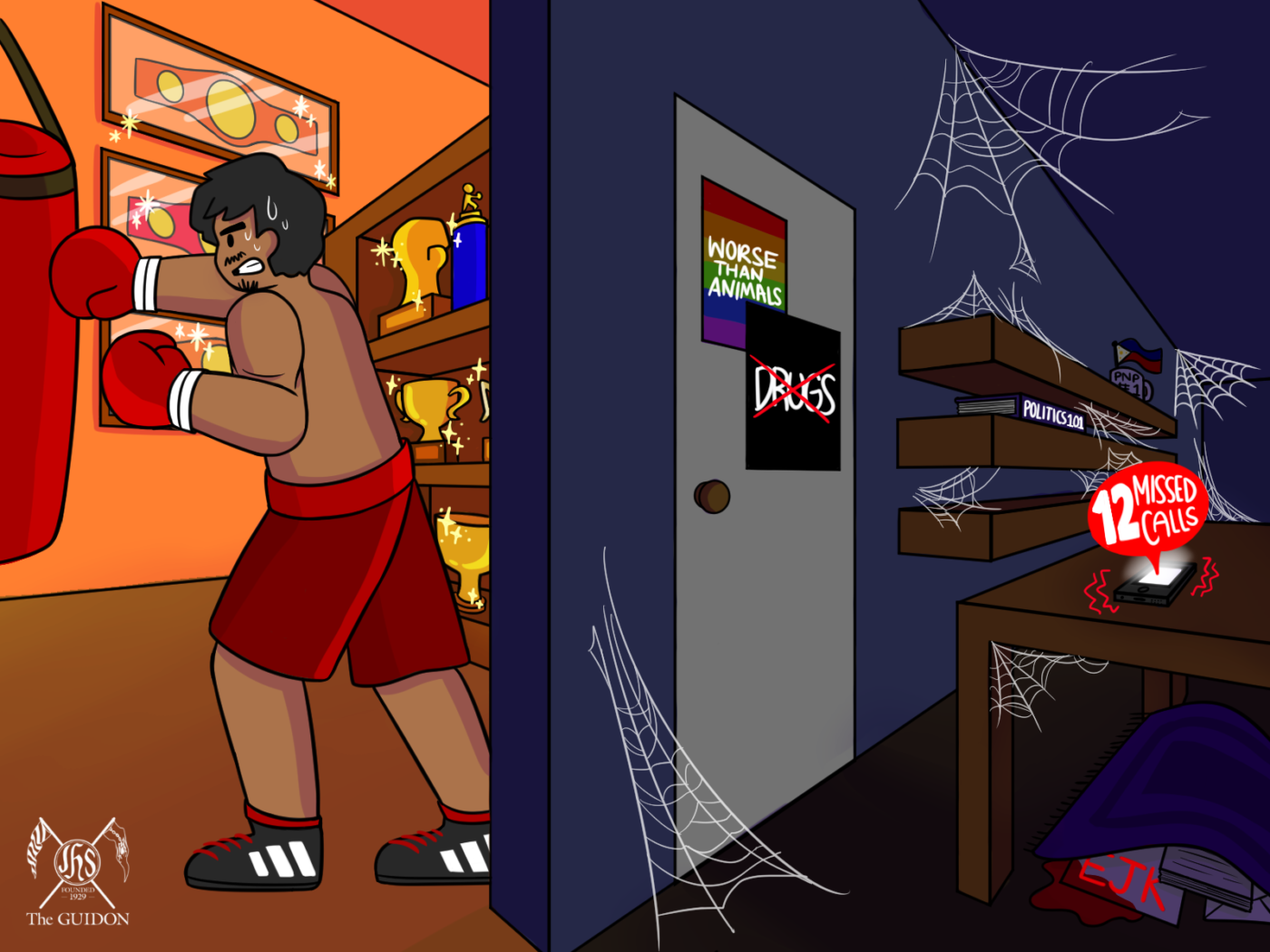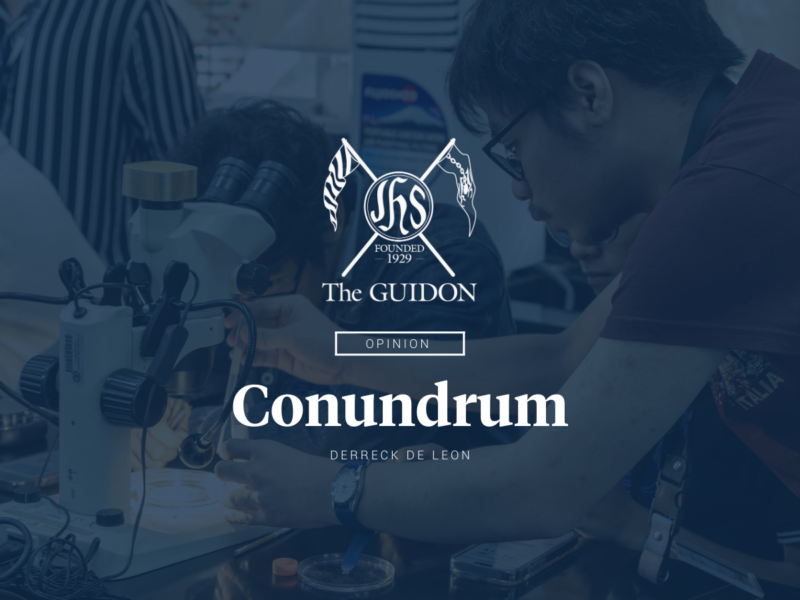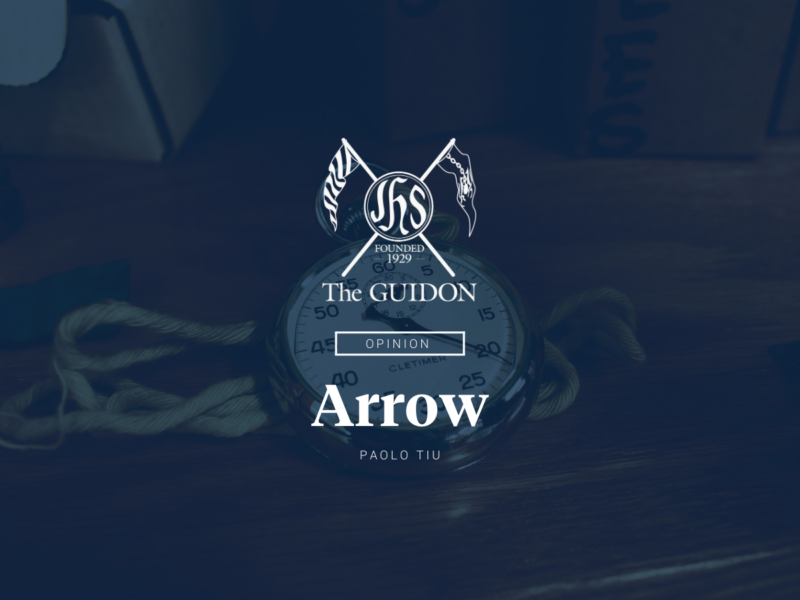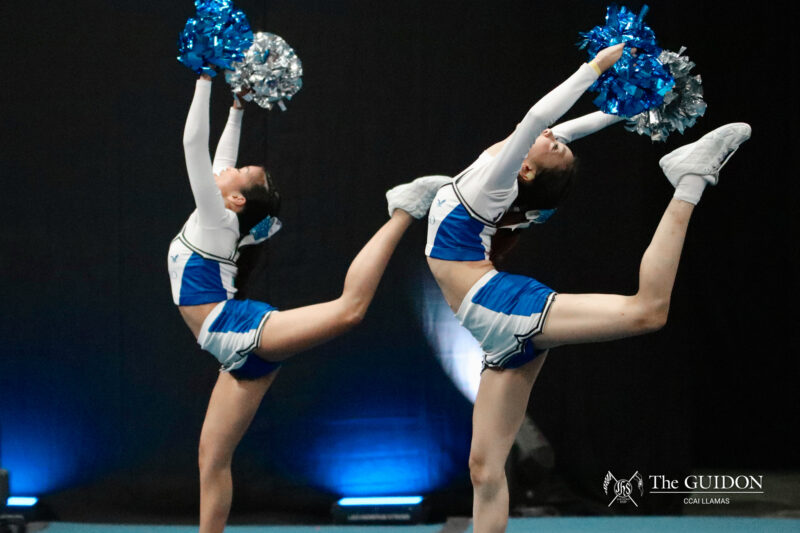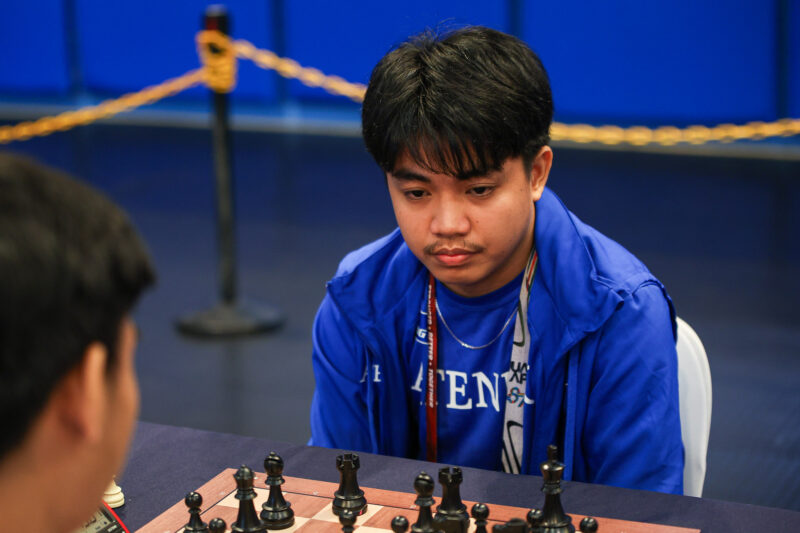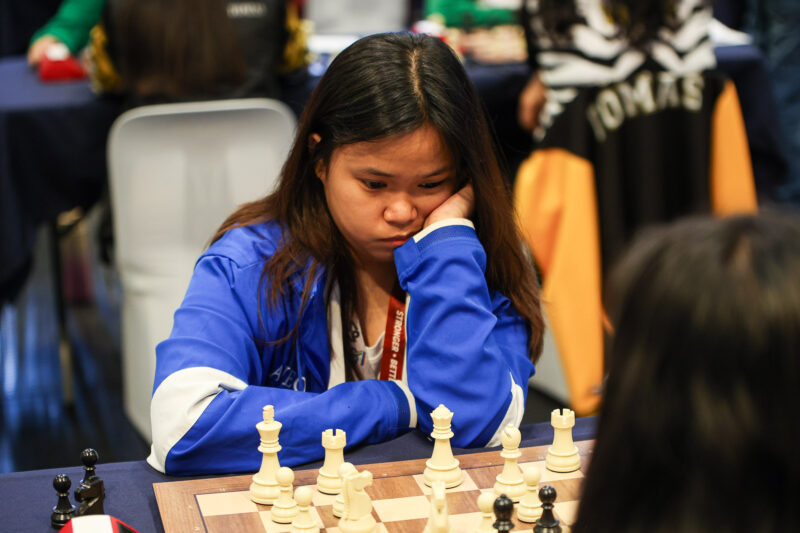THE DEBATE surrounding the idea of separating the art from the artist has existed in the entertainment scene for decades. It becomes easier to appreciate icons when isolating their works from what they do behind the scenes—and athletes are no exception.
The world of sports has had its own fair share of athletes whose success in their respective fields comes hand-in-hand with their off-the-court misdemeanors. A notable example of this is basketball hall-of-famer Karl Malone was embroiled in controversy when he impregnated a 13-year-old while he was in college. More recently, three-time Most Valuable Player of the National Football Association Aaron Rodgers was criticized for lying about his vaccination status and pushing his stance against vaccines.
On the long list of polarizing athletes is Filipino boxer, senator, and presidential candidate Manny Pacquiao. Despite his prestigious boxing career, Pacquiao’s slate of public political opinions puts his character as a person into question. Considering Pacquiao’s strew of uninformed political takes shunning different Filipino communities, can his legacy as the Philippines’ most iconic athlete remain untouched?
Rise of a boxer, fall of an icon
The conversation regarding Manny Pacquiao’s complexities begins with his prolific boxing career spanning 26 years and 72 professional matches. Pacquiao ended his historic boxing reign with a record of 62 wins, 8 losses, 2 draws, and a total of 12 world titles—becoming the first world champion holder across eight divisions in the process.
His influence over the Philippine athletic scene surpassed even his performances inside the ring. For four decades, he was so deeply admired by Filipinos that word spread about his fights clearing the usual Manila traffic and lowering crime rates. More importantly, his grasp on the Philippine sports scene inspired others to follow in his footsteps and not only get into the sport, but to dominate in their own ways. Pacquiao’s influence on Philippine boxing is evidenced by Nesthy Petecio and Carlo Paalam’s podium finishes in the Olympics.
Considered an icon by many, Pacquiao gained a platform that earned him the attention of every single Filipino. Sadly, his use of this platform was a quick reality check that exposed the once legendary idol as just another flawed man.
Pacquiao’s reputation for espousing controversial opinions and inadequate political involvement had many questioning their support for the boxer. In a span of a few years, he managed to justify the murders of thousands by supporting President Rodrigo Duterte’s Drug War and denying the existence of the extrajudicial killings. Further on, he used his religious convictions to justify his push for the return of the death penalty and to persecute the LGBTQIA+ community by calling them “worse than animals.” He later backtracked on his comments on homosexuality after he received harsh criticism that included the retraction of his contract with Nike. Finally, Pacquiao’s political career has also caught flak with some of the more recent criticisms of the senator revolving around his absenteeism from his work.
Considering all these red flags surrounding Pacquiao as a person, the millions of Filipinos that looked up to him as a boxer are left wondering whether his political flaws take anything away from the sports icon that they idolized. Can the Pacquiao who contributed so much to Philippine sports be seen in a different light from the Pacquiao who condemned entire communities of Filipinos?
The sad reality for both his fans and critics to face is that those two aspects of Pacquiao come hand-in-hand.
Separating the athlete
The most important factor to remember is that Pacquiao’s prestigious athletic career ultimately gave him the platform to spread his inflammatory remarks. Without his athletic achievements, Pacquiao would never have had the opportunity to attack the LGBTQIA+ community, nor would he have the popularity to acquire and abuse the political positions that he holds. Ignoring the reality of Pacquiao’s harmful actions would be an offense to the communities that he has alienated.
Though the damage Pacquiao caused with his opinions came long after he established himself in the upper echelons of the Philippine athletics scene, it is difficult to believe that those opinions were nonexistent even before they went public. The Manny Pacquiao that won all those titles and dominated the boxing scene for four decades is the same Manny Pacquiao that likened a whole community to animals.
Conversely, Filipinos should not simply zero in on the harm that Pacquiao has caused while ignoring his contributions to Philippine sports. His wrongdoings outside the ring do not necessarily erase his athletic impact, and any invalidation of that sort would be a disservice to the people he inspired to follow in his footsteps.
Both the positive impact of Pacquiao’s athletic career and the negative impact of what came after exist in the same world; merely focusing on one over the other would be a simplistic view of the Philippines’ best athlete.
Differing perspectives
When all is said and done, remembering Pacquiao’s legacy years down the road would inevitably be a matter of perspective. For an up-and-coming Filipino athlete looking to represent the country on the same level as Pacquiao did, it would be easier to look back on Pacquiao’s prolific career and use it as inspiration; the things he said as a politician would be a tiny blemish on his long, successful résumé.
On the other end, Pacquiao and his actions make it easy to understand the collective anger, resentment, and sorrow felt towards the senator. Those who have been invalidated, offended, ignored, and set aside by Pacquiao—such as the LGBT community, the families of those victimized extrajudicial killings, to name a few—have every right to our fury.In this sense, none of Pacquiao’s contributions to the sports scene would be enough to warrant what he has said, and justifiably so; for them there is no reason to look back on Pacquiao’s career fondly.
These two differing perspectives are proof of the existing duality within the legacy of the Philippines’ greatest athlete. Pacquiao the boxer put Philippine sports on the map and had many athletes aiming to follow his footsteps into athletic greatness. Conversely, Pacquiao the person condemned different groups of Filipinos that already struggle with persecution.
Neither version of Pacquiao should be ignored as they are quite simply one and the same.

